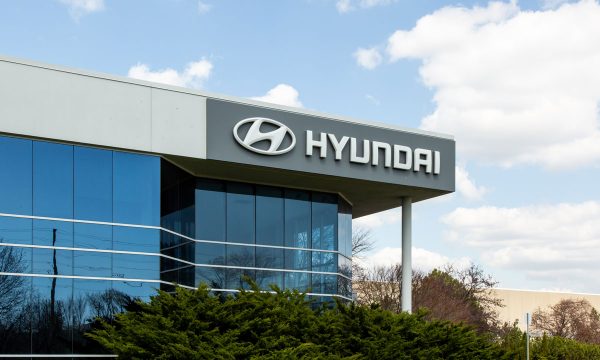PERFORMANCE GROUPS CAN HELP DEALERS IMPROVE THEIR OPERATIONS. HERE’S HOW TO GET THE MOST OUT OF THEM.
Dealers are always looking to learn about the ways they can improve their business. New technologies and forums have made it easier for dealers to communicate with one another. They can listen to other dealers speak at industry events or network in informal settings.
But for those dealers who want to make it to the top, a performance group remains a viable option.
Behind closed doors, a group of dealer principals meet on a regular basis to assess their dealership’s performance based on hard data and other variables. They can talk freely about any issues, learn from others on how to overcome them, or offer expertise where they do well.
Chris Bolger knows performance or dealer 20 groups well. Now Tricor Automotive Group’s Vice-President of Special Projects, Bolger led performance groups for 18 years with Performance Incorporated through CDK Global.
While Bolger is no longer involved with these groups, he continues to be a strong advocate for them.
When these sessions were first formed, the pricing model was based on a flat fee for the group, so it was figured that grouping 20 dealers together to share the fee would be cost effective. That’s how the name dealer 20 groups came about.
But performance groups have evolved over time, and today, the fee-based structure is most often a flat monthly fee charged per dealership. Today, the group size has also shrunk.
According to Bolger, the ideal size for such a group is between 12 and 14 dealers. “This size allows for great exchanges between participants, but also allows a diverse knowledge base around the table, helping drive great results,” said Bolger.
“I have seen a trend in the last few years towards smaller groups of four or five dealers, but with dealer principals coming to these meetings with a few managers, for a total discussion group of 15 to 16 people. This also works fairly well.”
Once dealers are in one of the groups, the first thing to do is “get naked!” said Bolger. “It may scare a few, but it is important that each participant share their actual financial situation,” he added.
“You may think you are doing well in one area, but are actually mediocre, while you may struggle in another area and realize your results are better than those of other participants. This brings in a lot of beneficial exchanges, often exchanges that would never have been sparked electronically,” said Bolger.
Bolger added it’s important to group similar information on a comparison sheet so that dealers can get a full understanding of where they stand in a particular segment against their peers.
Being part of the group isn’t limited to a day or two of meetings, said Bolger. Some of the best dealers have been part of groups for years, he added.
Dealer principals have to be ready to learn from others, but also share and open up about what and how they handle things so others can either benefit from the info or suggest solutions that work for them.
Bolger said dealer principals should be networking and developing relationships with their fellow dealers on a regular basis, and feel comfortable consulting with each other when needed.
But these groups aren’t for everybody, said Bolger. “I have observed, and this rings true in many other facets of life, that roughly 20 per cent of dealers are individuals who learn quickly by themselves are usually found at the top,” he said. “Another 10 to 20 per cent are simply stuck in their own ways and will never improve, or if they do, it is very slowly or painfully. The 60 per cent in-between and the top 20 per cent will realistically benefit from performance groups and should seriously consider joining one.”
In order to get the most out of performance groups, Bolger said dealers need to set their egos aside.
“Dealers need to understand they do not have all the answers and can only improve if they are willing to show what is really happening with their business. Dealer principals have to be ready to learn from others, but also share and open up about what and how they handle things so others can either benefit from the info or suggest solutions that work for them,” said Bolger.












